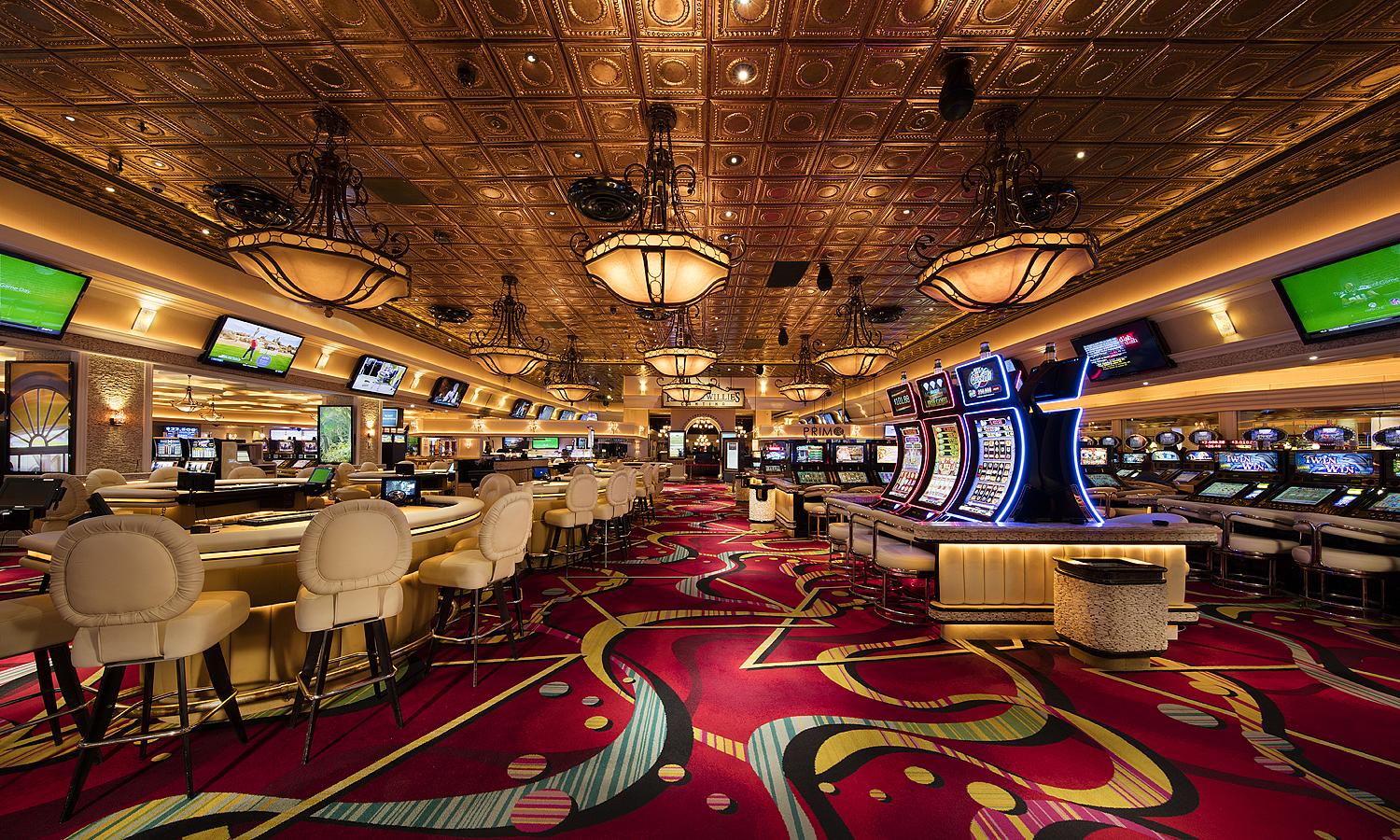How Gambling Games Cater to Different Player Categories

Casino games have long captivated a diverse audience, providing not only excitement through chance but also a unique experience tailored to various player types. From strategic players who succeed through strategic thinking to the casual players who seek entertainment, casinos are aware of the nuances of their audience and design games that meet these differing preferences.
In investigating the realm of gambling games, we find a variety of choices that attract all types of players. Competitive poker tables draw competitive individuals, while vibrant slot machines draw in individuals in search of immediate satisfaction. Whether it’s about the chance to win big or simply relishing the social environment, casinos tailor their game offerings to ensure that everyone can find their niche that feels comfortable and engaging. Understanding how these games cater to diverse types of players can enhance not only our understanding of them but also our approach to choosing which games to play.
Comprehending Participant Types
In the varied world of gaming entertainment, participants can be grouped into specific kinds based on their drives and likings. These participant kinds range from the laid-back and communal gamers, who enjoy the entertainment value and social engagements that gambling provides, to the more strategic and analytical players, who seek to increase their probabilities and profits. Grasping these various categories is essential for casinos to adapt their offerings and build immersive environments.
One common type is the group-oriented player, who sees casino games as a form of social interaction and fun rather than a high-stakes gambling activity. These gamers often enjoy games that encourage participation and camaraderie, such as poker. Their focus is on the process rather than the outcome, so dynamic settings and mutual moments are what they cherish the most.
On the opposite end of the spectrum, tactical players are motivated by rivalry and the pursuit of ability. They tend to gravitate toward games that necessitate decision-making and strategy, such as poker, where their abilities can determine the outcome. This type often engages with the games on a more profound level, utilizing knowledge and strategies to achieve an edge. Grasping these incentives allows casinos to build atmospheres and game selections that cater to each gamer's individual likings.
Game Design Strategies
Casino games are created with diverse player types in mind, utilizing multiple strategies to attract and engage them. For recreational players, the focus is on ease and clarity. Games like slots are often visually appealing with straightforward mechanics. This allows players to enjoy the experience without a difficult learning curve, creating an welcoming atmosphere. The vibrant hues, catchy sounds, and themes create a fun environment where players can easily get involved and enjoying themselves.
For strategic players who enjoy a more profound level of involvement, games such as Texas Hold'em and 21 offer complexity and strategic elements. These games incorporate strategy and decision-making, appealing to players who thrive on challenge and want to exercise their cognitive abilities. The design of these games regularly includes complex rules and mechanics that challenge players to hone their skills and create strategies over time, creating a fulfilling experience for those who enjoy mastering the game.
Moreover, community-oriented players are catered to through games that emphasize interaction and community. This comprises live casino options and multiplayer games, which foster a sense of camaraderie among players. The design of these games typically incorporates chat features and communal aspects, allowing players to interact and exchange insights. By creating an environment where participation is encouraged, casinos can effectively involve community players, making the gaming experience more enjoyable and unforgettable.
Improving Player Satisfaction
Gambling games have progressed significantly to create a much more immersive atmosphere for participants. Software creators focus on high-quality visuals, rich soundscapes, and innovative game mechanics that engage gamers into the casino atmosphere. https://789pac.com/ By employing digital advancements, such as VR and augmented reality, betting houses ensure that players feel as if they are part of a thrilling experience, enhancing in addition to the pleasure of the games but also the entire enjoyment of being in a betting establishment.
Social interaction is another critical element in boosting gamer satisfaction in gambling titles. Many titles are developed to facilitate communication among gamers, whether through team play or social tools. This social aspect appeals to players who like interacting with others while engaging, fostering a sense of community. Moreover, social features can consist of scoreboards, competitions, and rewards for collaborative play, which engage ambitious gamers and encourage them to revisit for more.
Lastly, personalization plays a vital role in customizing the interaction for diverse participant categories. Gaming establishments and software designers examine participant habits and preferences to provide customized game suggestions and benefits. By grasping the distinct interests of players, casinos can offer customized deals, rewards, and fresh games that appeal to each individual, thus boosting their overall satisfaction and commitment to the casino.
